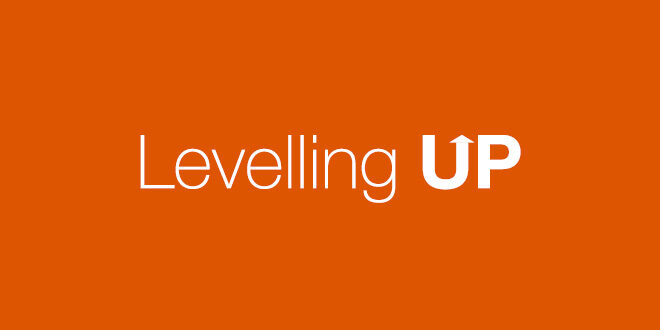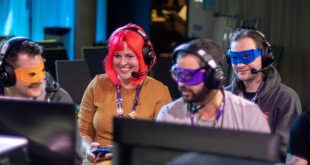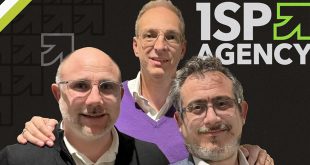 Chris Jones, art manager at Dlala Studios, tells us about the varied workflows and pipelines of the art team working on Disney Illusion Island.
Chris Jones, art manager at Dlala Studios, tells us about the varied workflows and pipelines of the art team working on Disney Illusion Island.
What is your job role and how would you describe your typical day at work?
I’m the art manager at Dlala Studios, currently working on Disney Illusion Island. My day to day can be quite varied. The key elements of the role are to ensure the smooth running of the Art Team; making sure that everyone has what they need in order to create incredible art, but also making sure that they are being looked after from a welfare and career development perspective.
I work closely with other departments across the studio to ensure that everyone is on the same page, and to help remove any roadblocks that may occur; communicating the expectations of the studio director and the art team both up and down stream. The role can also require me to be more hands on at times, establishing workflows and pipelines, creating and implementing art into the game and providing feedback on work to the team.
A typical day will usually start with me reviewing the latest work from the team and giving any notes or feedback that I might have. I’ll then jump into our daily catch-up and ensure that everyone is doing alright and knows what they should be focused on for the day. The rest of my day will then be split between cross department meetings, reviewing work in game and implementing art work.
What qualifications and/or experience do you need to land your job?
I feel that you need to have a good understanding of the art and game-making process in general, as a lot of the time you will be making decisions that can affect the whole team. Soft skills are something that I think have often not been given enough weight historically in this industry, but are absolutely vital in this type of role, given how important communication is and your role of facilitating. The art manager role can incorporate many different areas, from creative, technical, managerial, human resources and recruitment, so being open to a wide range of interests and experiences is invaluable.
If you were interviewing someone for your team, what would you look for?
When interviewing someone, what I look for, first and foremost, is whether they can do the role and whether I think they would enjoy it. I’ll initially start off by talking through their portfolio with them and trying to get a good understanding about the type of work that they enjoy. This will help me to see whether I think they would be a good fit for the studio or the particular project we are working on at that time. I’m always interested in talking with people who are eager to learn and have a fire-in-the-belly attitude.
I think there is always something new to learn in this industry, whether that’s new techniques and approaches or tools and software, and I think having a mentality of always wanting to learn and improve is vital. Lastly, I’m looking to see what their soft skills are like and how they communicate. Game development is so collaborative, whether that’s within your own discipline or across other departments, so being able to communicate well and handle both giving and receiving feedback is key.
One of the things I’m proud of at Dlala is the fact that we conduct paid art tests. We think it’s super important to value a prospective team member’s time, but it also lets us see what can be done in a set time frame, and allows for feedback opportunities so that we can see what that working relationship would be like.
What opportunities are there for career progression at Dlala Studios?
I think one of the best things about Dlala is their willingness to support the team. One of the core beliefs here is that we always want to do everything we can to keep awesome people, so if someone is interested in trying out different skills or a different discipline than the one they are currently in, we will do everything we can to try and support that person, and help them to make that change over time. Every year we set aside a budget for training purposes so that if there is a particular course or event that someone wants to go to, we can look to make that happen and ensure that we are supporting our team to continue to learn and grow.

 MCV/DEVELOP News, events, research and jobs from the games industry
MCV/DEVELOP News, events, research and jobs from the games industry




